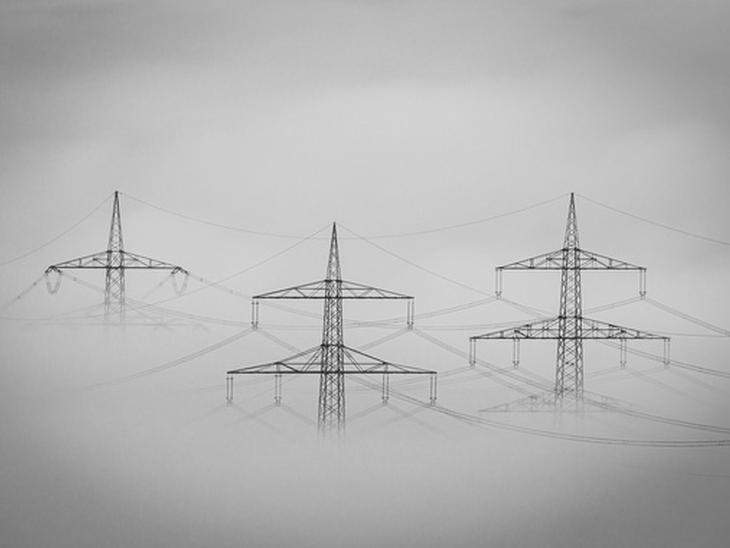
T&B Petroleum/Press Office Unica

According to the Brazil Energy Programme (BEP), the potential for using biogas in the sugar-energy sector to generate electricity is 15 TWh, which would mean an increase of 66% in the total amount of bioelectricity offered to network when compared to last year. In 2020, the volume of energy made available was 22.6 TWh.
The information was presented during the lecture “Contributions of the Brazil Energy Programme (BEP) for the Biogas Sector in the Sugar-Energy Industry”, by representatives of the Brazil Energy Program Leidiane Mariani and Jorge Vinícius Neto, at the 15th Webinar on Scenarios in the Electric Energy Market, promoted by the Sugarcane Industry Association (UNICA) and the Energy Cogeneration Industry Association (COGEN).
According to BEP analysts, the total biogas potential in Brazil is 10.9 billion Nm3/year, equivalent to the production of 22.9 TWh/year or almost 5% of the national consumption of electricity. The sugar-energy sector alone would be responsible for 7.2 billion Nm3/year of this potential (66%), considering only the use of vinasse and filter cake for the production of biogas.
Leidiane Mariani highlighted in her presentation that this potential is only short-term, assuming, at first, that the production of biogas in the sugar-energy sector does not have major technological barriers to be made viable and the fuel is already concentrated and available for use.
For Zilmar Souza, bioelectricity manager at UNICA, biogas is a sustainable alternative for energy production in Brazil, as it is made from by-products from sugarcane and the production of ethanol and sugar, such as bagasse, filter cake, straw and stillage. In addition to being used to produce bioelectricity, biogas can also be transformed into biomethane and used in the transport matrix, being an alternative to diesel.
“If we add another 15 TWh to the annual supply of sugarcane bioelectricity for the network, it would mean having a production equivalent to half of the annual generation of the Itaipu plant, considering its production last year. As it is a renewable energy, it would also be equivalent to avoiding the annual emission of 10.5 million tons of CO2, a mark that would only be achieved with the cultivation of 73 million native trees over 20 years”, he assesses.
Energy Program
The Brazil Energy Programme is part of the UK-Brazil Cooperation Program, of the British government in support of economic development in partner countries, being implemented by a consortium of five organizations – Institute 17, Adam Smith International, Hubz, Carbon Limiting Technologies and FGV. According to BEP, the program's objective is to accelerate Brazil's energy transition with innovation in clean technologies that will be used to address social challenges, being carried out in partnership with the government of Brazil, the Brazilian energy industries and the multiple local institutions involved. preparing for progress through fine-tuning policies and regulations to promote renewable energy.
The online seminar promoted by UNICA and COGEN was also attended by José Antonio Sorge, from Ágora Energia, who presented the lecture “Scenarios in the Electric Energy Market”, providing a short and medium-term view of supply conditions, of demand, operational and regulatory issues of the Brazilian Electric Sector.

Contact us